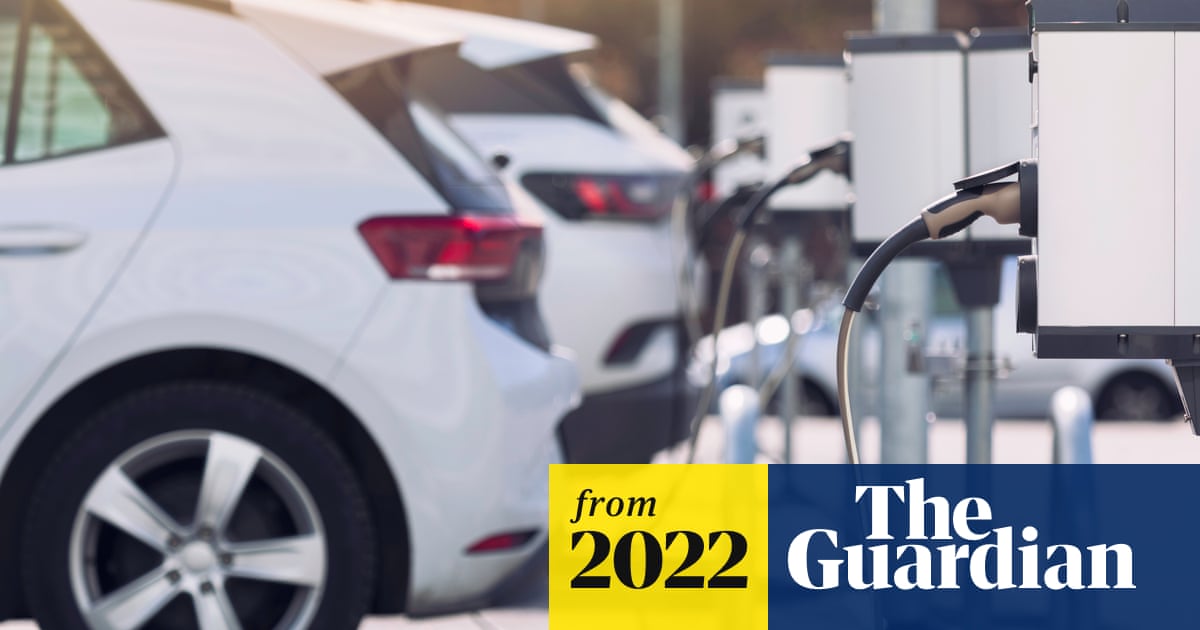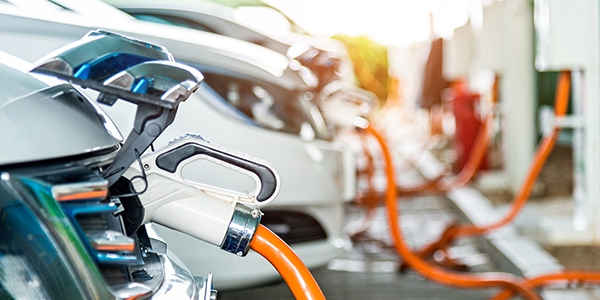I wonder what ever happened to battery swap?
If the government is to get involved they should standardize EV battery shapes and terminals so someday we can just pull up and swap out… a lot easier infrastructure than charging stations everywhere and it also help with range anxiety. Anyone who has ever had a battery issue or sudden unexpected range loss knows what I mean.
The American EV boom is about to begin. Does the US have the power to charge it? — Guardian US
If the government is to get involved they should standardize EV battery shapes and terminals so someday we can just pull up and swap out… a lot easier infrastructure than charging stations everywhere and it also help with range anxiety. Anyone who has ever had a battery issue or sudden unexpected range loss knows what I mean.
The American EV boom is about to begin. Does the US have the power to charge it? — Guardian US




.jpg)
